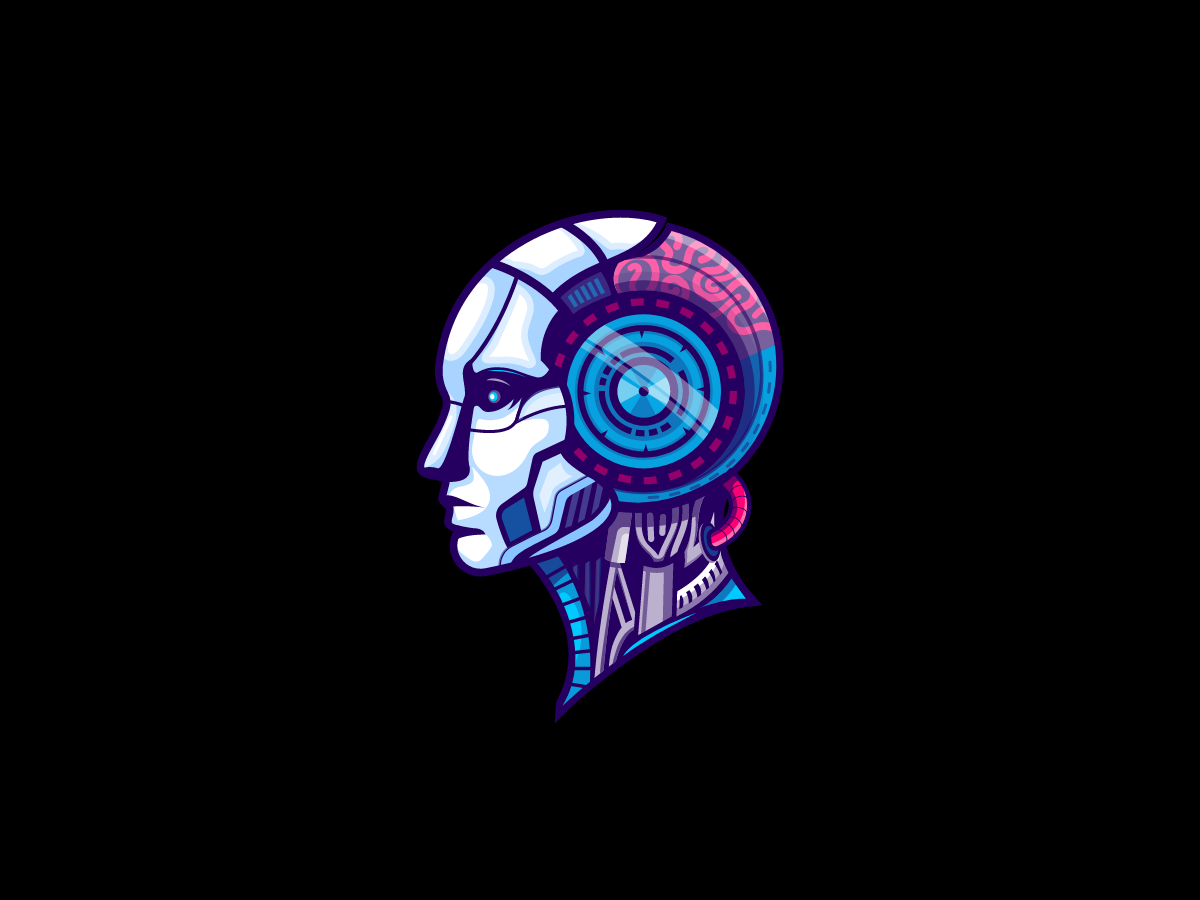What’s Happening in AI
DeVito/Verdi Chief Digital Officer David Molini shares takeaways from Standford’s 2024 AI Index report and analyzes how AI trends affect digital advertising tactics and processes.
About David
David brings 15 years of media experience with a specialization in all forms of planning, buying, activation and performance analytics. Prior to DeVito/Verdi, he worked across WPP and Publicis networks and is well versed at integrating media, creativity and data. He brings a depth of knowledge in all stages of full-funnel marketing across categories. Notable accounts include Unilever, JP Morgan Chase, NYU, Showtime, Ticketmaster, UPS, Walmart and many more.
In April of 2024, Stanford University released its annual AI Index, reporting on things such as tracks, collates, distills, and visualized data, based on the previous year’s findings. The goal of the report is to provide unbiased data and research on the continuing regulations and understandings so that the general public is able to follow along. Here are some of the key takeaways from this year’s index report, from the perspective of DeVito/Verdi’s very own Chief Digital Officer: David Monlini. His takeaways include information and research on how these statistics pair with what is currently happening in 2024.
Who You Gonna Call?
When it comes to certain tasks such as human performance on several benchmarks, including some in image classification, visual reasoning, and English understanding, it is better to call upon the aid of AI, as according to the Index report. When it comes to challenges such as competition-level mathematics, visual commonsense reasoning and planning, humans are a better resource, and more reliable. This is because AI cannot reliably deal with facts, perform complex reasoning, or explains its conclusions.

Rise of the Planet of AI Research
In 2023, the industry produced 51 notable machine learning models, while academia contributed only 15. There were also 21 notable models resulting from industry-academia collaborations in 2023, a new high. So far in 2024, the industry has produced 28 notable machine learning tools, whereas there have only been 10 academic contributions. In collaboration with each other, there have been 14 notable models that have been created. These numbers indicate a continuing strong contribution from the industry, a steady input from academia, and an increase in collaborative efforts compared to the previous year.
More Money, More AI
According to the Index, the costs of certain AI models have reached unprecedented levels. OpenAI’s GPT-4 used an estimated $78M, while Google’s Gemini Ultra cost $191M. However, those numbers seem tame compared to the next generation of AI systems that will be released later in the year. In a recent interview with TIME Magazine, Dario Amoedi, CEO of Anthropic, stated that those AI systems would cost around a billion dollars, with the generation after that costing around 10 billion dollars.

The Winner Takes it All
In 2023, 61 notable AI models originated from U.S.-based institutions, far outpacing the European Union’s 21 and China’s 15. In 2024, the trend of U.S.-based institutions leading the development of notable AI models continues to be significant, reflecting the country’s strong position in AI research and innovation. Some newer innovations include AI models from financial technology firms and research labs at MIT and Carnegie Mellon University are employed by banks to detect fraudulent activities, and AI models developed by hedge funds and financial institutions like Goldman Sachs and JP Morgan use machine learning to predict market trends.
With Great Power…
New research from the AI Index reveals a significant lack of standardization in responsible AI reporting. For example, in January of 2024, extremely sexually explicit images of Taylor Swift were shared to X (formerly known as Twitter), and stayed live on the platform for 17 hours before they were taken down. Consequently, this wasn’t the only issue that Swift had with AI this year. Several artists, such as Swift, Ariana Grande, and Selena Gomez’s music were taken off from TikTok, due to concerns with AI use, and how their artists’ voices were being used without their consent.

Money, Money, Money
Despite a decline in overall AI private investment last year, funding for generative AI surged, nearly 8x from 2022. Generative AI is only continuing to get bigger. “Last year witnessed a remarkable surge in venture capital (VC) funds invested in the space ($21.3 billion), with $15.3billion of the 2023 total coming from mega investments made by Microsoft and Amazon. During the first quarter of 2024, $3 billion was invested globally and EY projects that, based on these trends continuing across the year, total global investment is on track to reach more than $12 billion in 2024. Excluding the mega investments noted above, this represents an increase of nearly 100% from the prior year.”
Busy Bees
In 2023, several studies assessed AI’s impact on labor, suggesting that AI enables workers to complete tasks more quickly and improves the quality of their output. This can be seen when looking at the work between Google’s DeepMind and IBM Watson, which are routinely used in hospitals for diagnostic purposes. For instance, these algorithms analyze medical images to detect conditions such as cancer and diabetic retinopathy more quickly and accurately than human radiologists.
The Scientific Method

2023 saw the launch of several significant science-related AI applications— from AlphaDev, to GNoME. But how have they been utilized since coming out? So far AlphaDev, has made several significant contributions since its inception such as code optimization, automated bug fixing, and educational tools. When it comes to code optimization, major tech firms like Google and Microsoft have integrated AlphaDev into their development workflows to enhance performance and reduce computational costs. For automated bug fixing, AlphaDev’s capability to detect and fix bugs autonomously has reduced the time and resources required for software maintenance. Startups and large enterprises alike benefit from its real-time debugging features, improving software stability and user experience. These have been integrated into popular Integrated Development Environments (IDEs) such as Visual Studio Code, IntelliJ IDEA, and Eclipse. In terms of educational tools, Platforms like Codecademy and LeetCode have incorporated AlphaDev into their learning modules. Students receive real-time feedback and bug fixes while working on coding exercises. For instance, a student learning Python on Codecademy might receive instant corrections and explanations from AlphaDev when their code does not produce the expected results.
Another One, Thank You
The number of AI-related regulations in the U.S. has risen significantly in the past year In 2023, there were 25 AI-related regulations, up from just one in 2016. Last year alone, the total number of AI-related regulations grew by 56.3%. Some new AI-related regulations that have happened in 2024 so far include: The AI Ethics and Accountability Act, which mandates that AI developers and companies ensure transparency, accountability, and ethical use of AI technologies. There is also the Data Privacy and Security Enhancement Act, which strengthens data privacy protections and security requirements for AI systems. Another regulation is the Federal AI Research and Development Act, which promotes the development of AI technologies through federal funding and research initiatives.

I, Robot
In America, Pew Research Center data suggests that 52% of Americans report feeling more concerned than excited about AI, rising from 37% in 2022. In 2024, that number has continued to increase with 58% of Americans feeling more concerned than excited about AI. The primary reasons for concern include job displacement due to automation, privacy issues, ethical considerations in AI decision-making, and the potential for misuse in areas such as surveillance and security.

